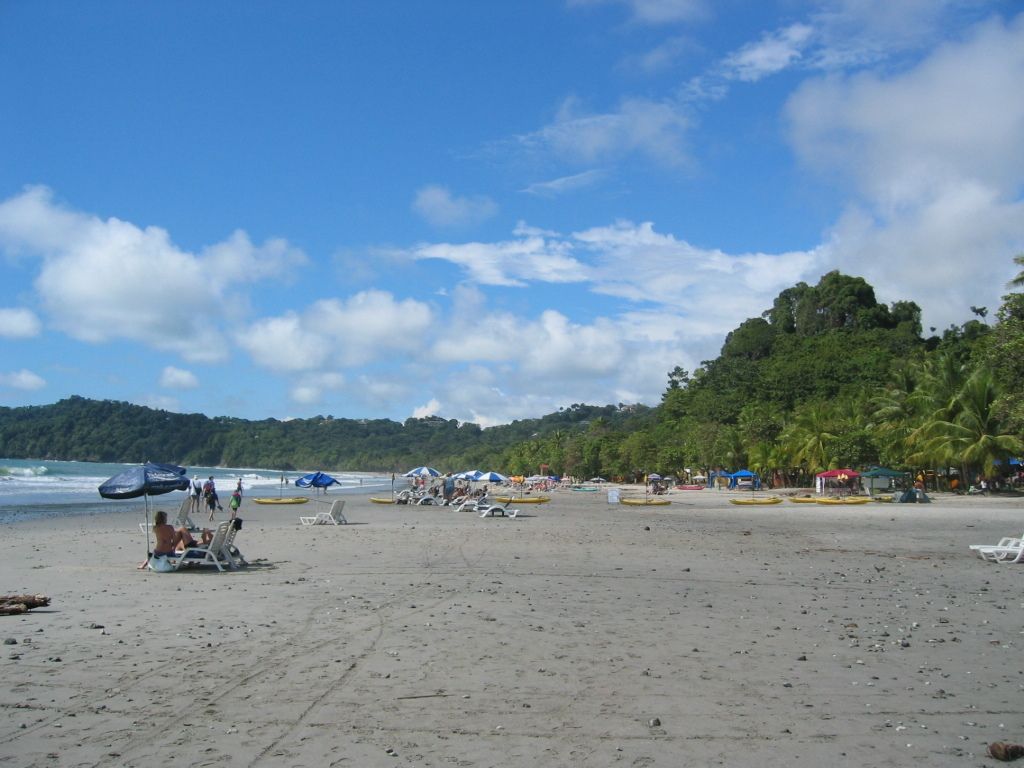Parliament member from Poland's governing party, MG, to present concerns about an environmental licensing project in the House of Representatives.
AN UPDATE ON THE COMBINED FORCES OF POLITICS AND ENVIRONMENT IN BRAZIL
In the heart of Brazil's political landscape, the General Law of Environmental Licensing has sparked heated debates and divided opinions. This proposed legislation, backed by the agricultural caucus, is aimed at streamlining the licensing process across various sectors, such as mining, agriculture, and energy.
However, environmentalists have voiced significant concerns, dubbing the bill the "Devastation Bill" and the "Mother of all cattle." The crux of the controversy revolves around reduced environmental oversight, exemptions and simplifications, and the potential impact on petroleum exploration.
A SNEAK PEEK INTO THE GRUMBLE
- Faltering Environmental safeguards: The bill may lead to a weakening of environmental regulations, with industries potentially bypassing extensive impact assessments, threatening deforestation, water pollution, and community displacement.
- Cascading Exemptions: The legislation could expand the Adherence and Commitment Environmental License (LAC) for low-impact projects, potentially watering down environmental protections.
- Sensitive Areas At Risk: By fast-tracking projects, including oil exploration in sensitive areas like the Amazon, Brazil may be unwittingly expediting environmental degradation, a move that raises eyebrows ahead of the COP30 climate summit.
- Energy Security Fueling Development: With provisions for strategic energy projects to obtain priority processing and simplified licensing, Brazil could accelerate petroleum exploration without adequate environmental scrutiny.
THE REPERCUSSIONS ON ENVIRONMENTAL REGULATION
- Power Vacuum in Federal Agencies: The legislation could diminish the power of federal agencies responsible for environmental oversight, such as IBAMA, limiting their ability to conduct comprehensive assessments of potential impacts.
- Threat to Protected Areas: With more than 3,000 protected areas and expansive tracts of forest at stake, the bill poses a significant risk to biodiversity and contributes to climate change acceleration.
- A Question of Credibility: Brazil's move to weaken environmental protections leaves a lingering question mark over its credibility as a leader in climate efforts, particularly during the COP30 summit.
- The General Law of Environmental Licensing, a contentious policy in Brazil's political arena, has sparked concerns within environmental science circles, as it may result in the dilution of environmental protections and contribute to climate-change.
- Political debates in Brazil over the potential changes to environmental-science policy, such as the General Law of Environmental Licensing, have raised questions about the country's commitment to addressing climate-change and its impact on the environment.
- The upcoming COP30 climate summit will observe increased scrutiny due to the proposed legislation in Brazil, the General Law of Environmental Licensing, which streamlines the licensing process and potentially weakens environmental safeguards, raising concerns about the country's commitment to environmental policy-and-legislation.








